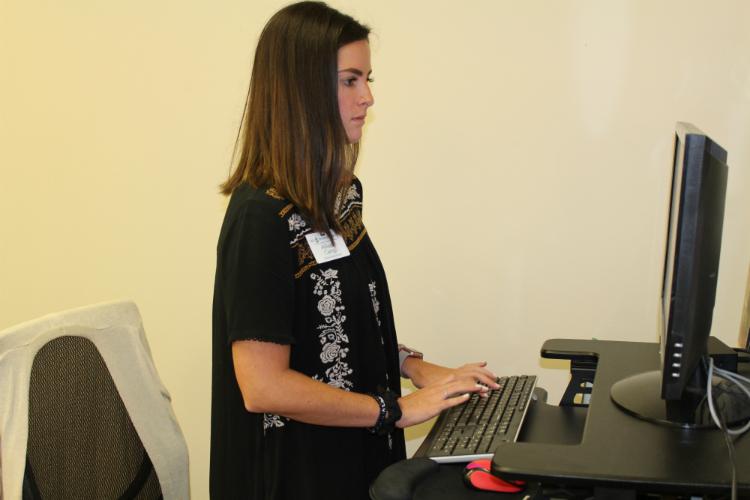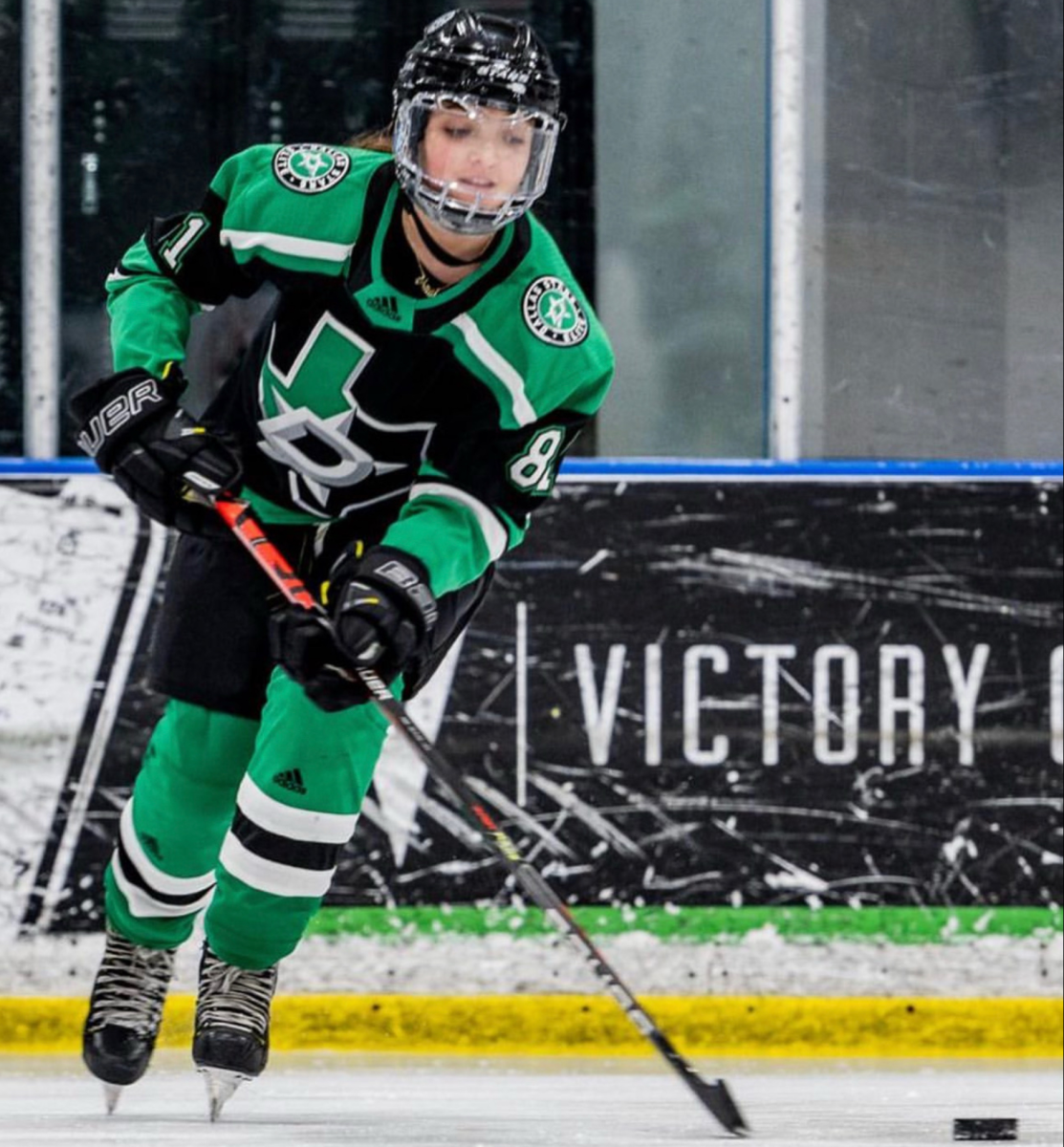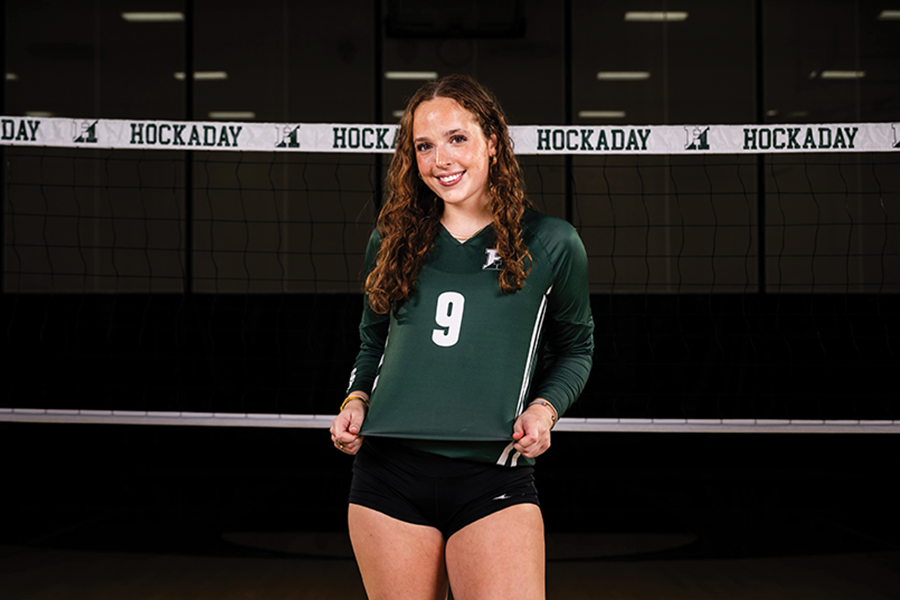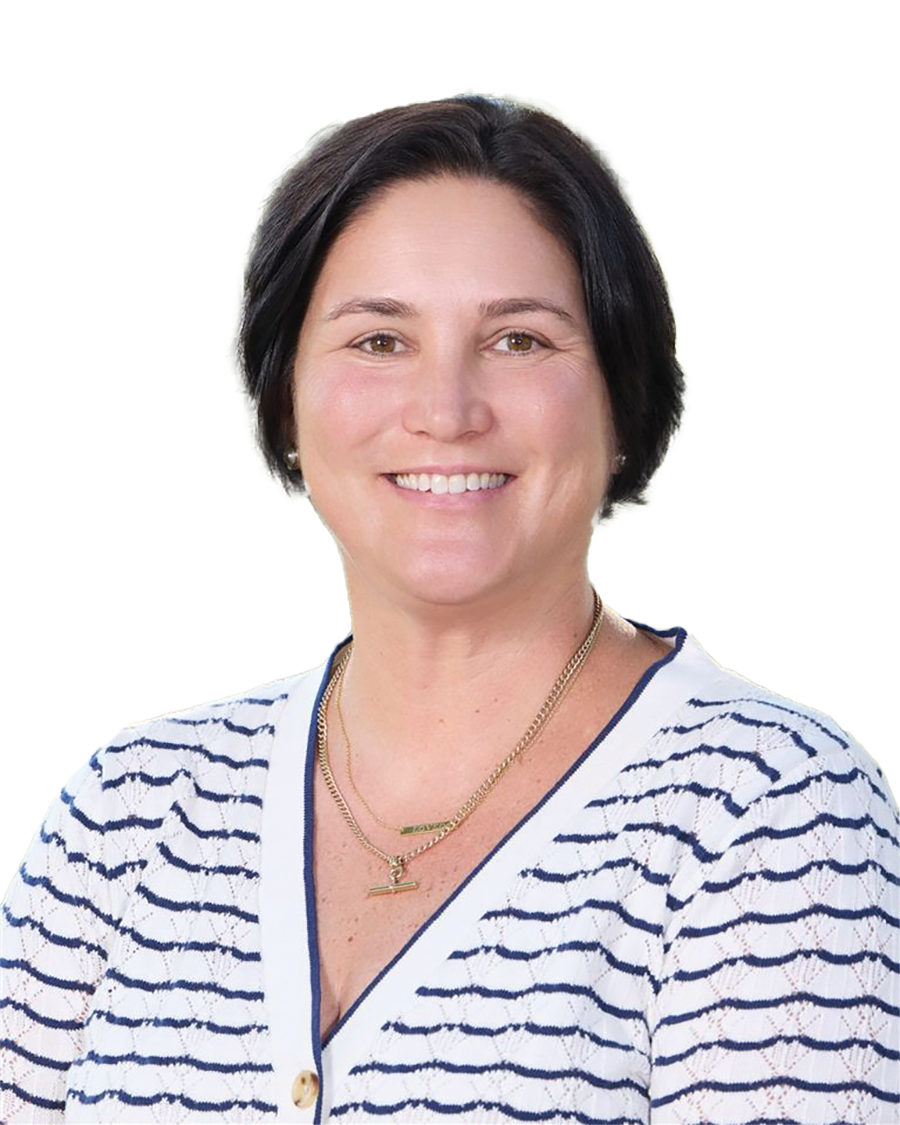Allison Camp works in College Counseling as the seniors prepare their college applications.
Mentors are experienced and trusted advisers who guide their apprentices; coaches and teachers are both mentors to their students or athletes.
Jen Fore, Upper School chemistry teacher, coaches pole-vaulting at Hockaday and outside of Hockaday. For Fore, the choice to become a coach was an easy one; she competed in pole-vaulting all through high school and college, still holding her high school’s record for pole-vaulting.
“Coaching is just another style of teaching,” Fore said.
Fore said she enjoys watching students experience that ‘ah-ha’ moment both inside and outside of the classroom.
After starting the pole-vaulting program at Hockaday, Fore said she noticed the change in dynamics between coach and students, and teacher and students. Pole-vaulting allows the coaches to see a different fear factor that students have versus when they are in the classroom.
Fore developed on the idea of a fear factor in athletics, praising the progress that students make when overcoming that fear factor: “that is all I could hope for as a teacher and a coach.”
“One goal of mine as a teacher and coach is to make sure that everyone has fun and learns along the way, becoming a better human being,” said Fore.
Similar to Fore, College Counseling Associate and Varsity Volleyball Assistant Coach Allison Camp played the sport she coaches during high school, although she had a different experience.
Camp decided to assist coaching volleyball this year as an incoming member of the Hockaday School. Camp’s love for the sport in high school was overshadowed by negative experiences with her coaches, she said, leading to her decision of no longer playing varsity level volleyball in college.
“I want to give these girls a positive volleyball coaching experience because it is very important for your opinion of the sport itself,” Camp said.
She focuses on praising the process of getting somewhere rather than the end result, both on the court and in the college counseling arena. Camp explained girls are so focused on winning the game at SPC or receiving their college acceptance that they forget to celebrate the fact that they are competing at SPC, or that they finished the application.
“A goal of mine is that in both facets, whether it be a student or athlete, to always make that person feel better about their school day or their performance as an athlete,” Camp said.
Both Fore and Camp are involved in two of Hockaday’s four cornerstones, Academics and Athletics, both stressing the importance of both areas in the Hockaday community and life.
Fore said she believes in the equal balance of athletics and academics because of the learning that takes place in both fields.
“Dedication and time that one gives to a sport can be used to develop the same type of dedication in the classroom,” Fore said.
Although Camp emphasizes the importance of athletics, her favorite cornerstone of the two is academics. She said academics drives the rest of your life, post-graduation from Hockaday.
“You can’t be an athlete forever, but how one ‘learns to learn’ helps you in other aspects of life and will always stick with you,” Camp said.
Junior Mia Savoldelli, who pole-vaults, enjoys time in the classroom but favors athletics over academics.
“When you have a teacher that also coaches you, like Dr. Fore, it definitely changes the dynamics between you two,” Savoldelli said.
The dynamic change isn’t positive or negative but is based on Savoldelli’s performance in the classroom and at practice. A goal Savoldelli stresses as an athlete and student is the importance of progressing both on and off the field.
“Even if my progress doesn’t show in grades or height, just know that I am getting better and stronger,” Savoldelli said.
Coaches and teachers help their mentees strive to be their best selves, allowing them to grow both inside and outside of the classroom.
Story and photo by Charlotte Rogers






